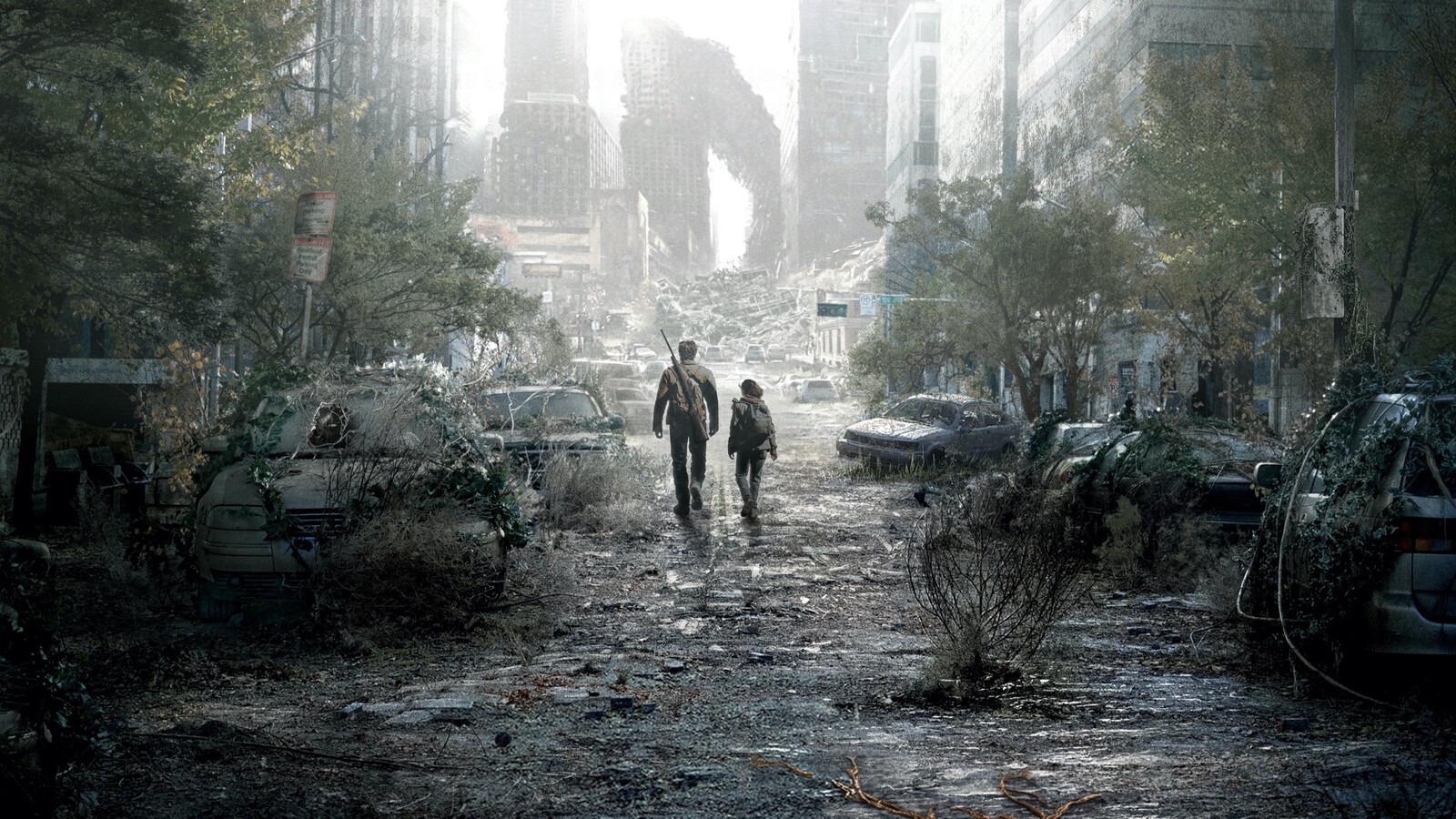Neil Druckmann has clarified why he’s no longer in the driver’s seat for HBO’s The Last of Us, the hit adaptation of Naughty Dog’s acclaimed video game. While still involved, the writer, director, and studio co-president is shifting from the intensive, day-to-day duties of co-showrunning to a more hands-off role.
Reaching His Original Goal
For Druckmann, the decision was as much about achievement as it was about workload. He told Variety that his personal ambition with the show was to extend the reach of Joel and Ellie’s story beyond gaming.
“My hope was always to lift The Last of Us out of the PlayStation ecosystem and put it in front of people who might never play a game,” he said. “In that sense, the first two seasons already did what I set out to do.”
A Demanding Balancing Act
The turning point came when the third season’s writers’ room began to take shape. Druckmann, juggling his role at Naughty Dog alongside development of new projects, realized the pace was unsustainable.
“It was a tough challenge—running a studio, writing and directing games, and also being deep in television production,” he admitted. “Eventually I recognized I could serve everything better by staying at a higher level rather than being on the ground every day.”
His absence as co-showrunner does not mean he’s cutting ties completely. Instead, he’s positioning himself as a kind of guardian for the adaptation, providing direction without being buried in script drafts or VFX details.
Naughty Dog Steps Up
One reason Druckmann felt comfortable stepping back is the strength of the team at Naughty Dog. He praised colleagues including Matthew Gallant, Claire Carré, Kurt Margenau, and Alison Mori for taking on greater responsibilities while he worked on the HBO project.
“Naughty Dog has never been about just one person,” Druckmann emphasized. “Over the years many strong voices have passed through, and while I was focused on the series, others rose to the challenge of guiding the studio. That gave me the breathing room to do this experiment with TV.”
A Shift in How He Contributes
Going forward, Druckmann intends to stay connected but in a more restrained capacity. Rather than working through edits line by line or overseeing shooting schedules, he wants to act as a steward, ensuring the series doesn’t stray from its foundations.
“As much as I miss the nitty-gritty—offering script notes, shaping sequences, obsessing over details—I’ve had to let that go,” he said. “For season three, my role is about faithfulness to the source and to what made season one resonate so strongly. That’s where I can have the most impact now.”
The Crossover Effect
Beyond production logistics, Druckmann also pointed to the cultural influence of the HBO series. Much like Amazon’s Fallout earlier this year, the adaptation has drawn new audiences to gaming.
“People have discovered The Last of Us through the show, then gone out and bought a PlayStation or PC copy,” he explained. “For some, it’s their entry point into games entirely. That crossover was always part of the vision.”
Player numbers for both the original The Last of Us and its remakes have spiked since the show’s debut, reinforcing the argument that well-made adaptations can feed back into gaming rather than dilute it.
Looking Toward Season Three
Season three, now in active development, will inevitably wrestle with how to adapt The Last of Us Part II’s heavier and more polarizing material. While Druckmann won’t be deeply embedded in shaping episodes, his “high level” involvement signals he still intends to safeguard the tone.
Meanwhile, at Naughty Dog, multiple projects are underway—some connected to The Last of Us, others entirely new. Druckmann hasn’t offered details, but his focus is shifting back toward the studio’s long-term creative future.
A Broader Perspective
Stepping back, then, is not a retreat but a recalibration. Druckmann believes the best way to serve both the show and Naughty Dog is to trust others with the execution while keeping his own role strategic.
“It’s about putting myself in the place where I can have the biggest impact,” he said. “That means sometimes stepping away from the weeds and letting other talented people handle them.”
With The Last of Us firmly established as one of TV’s prestige hits, and the game series enjoying a renewed surge of players, it seems Druckmann’s balancing act has already paid off.

